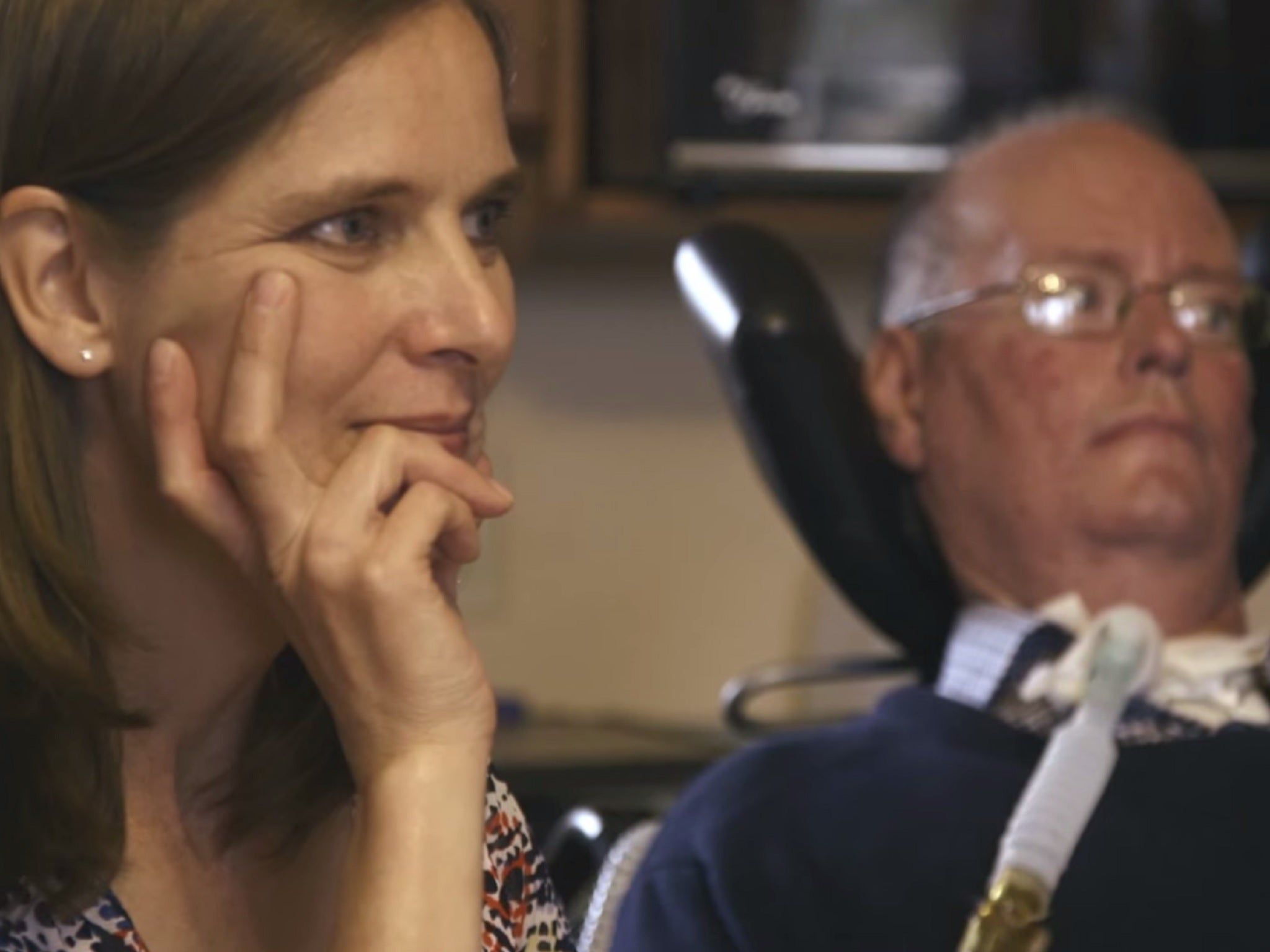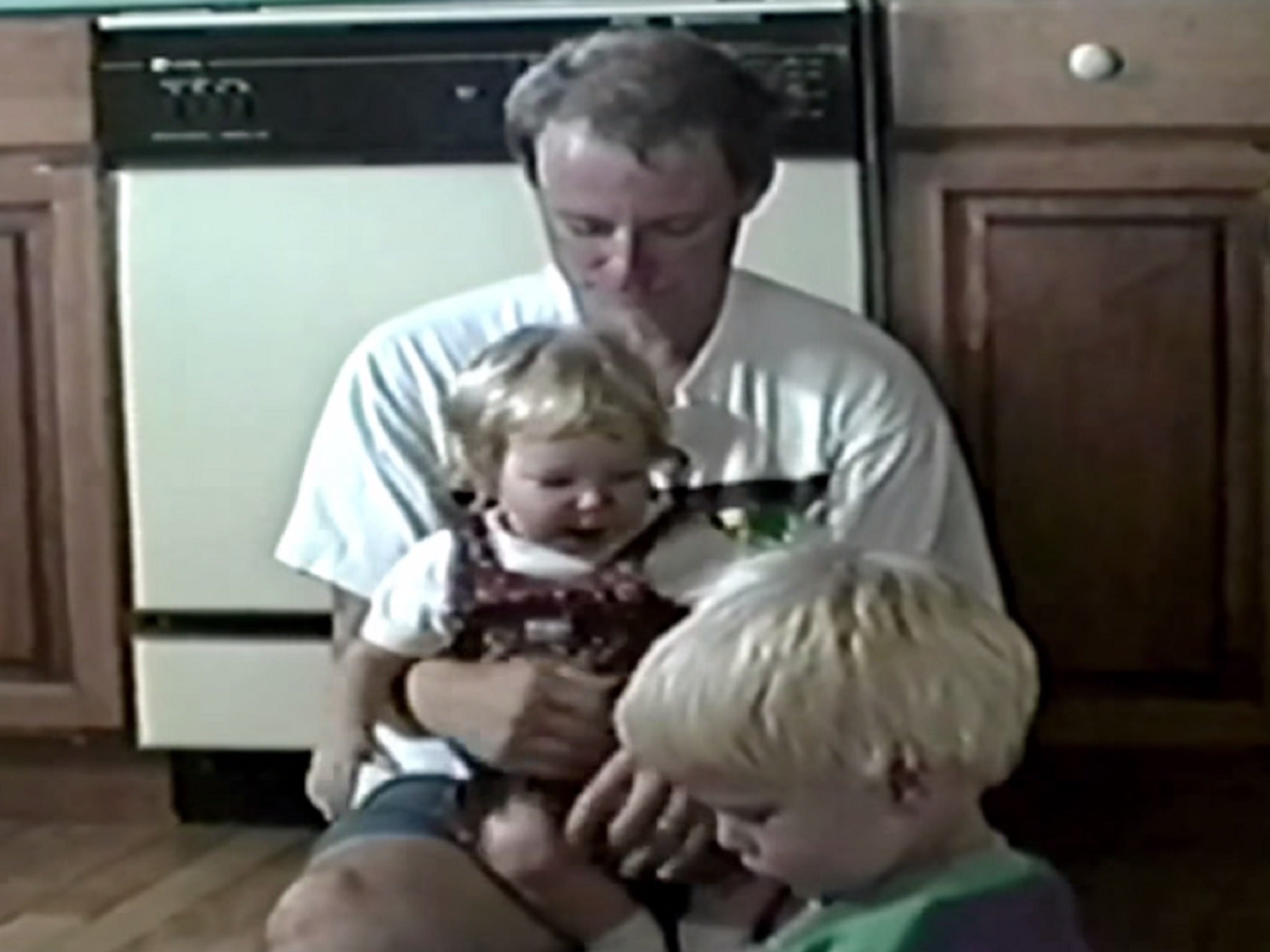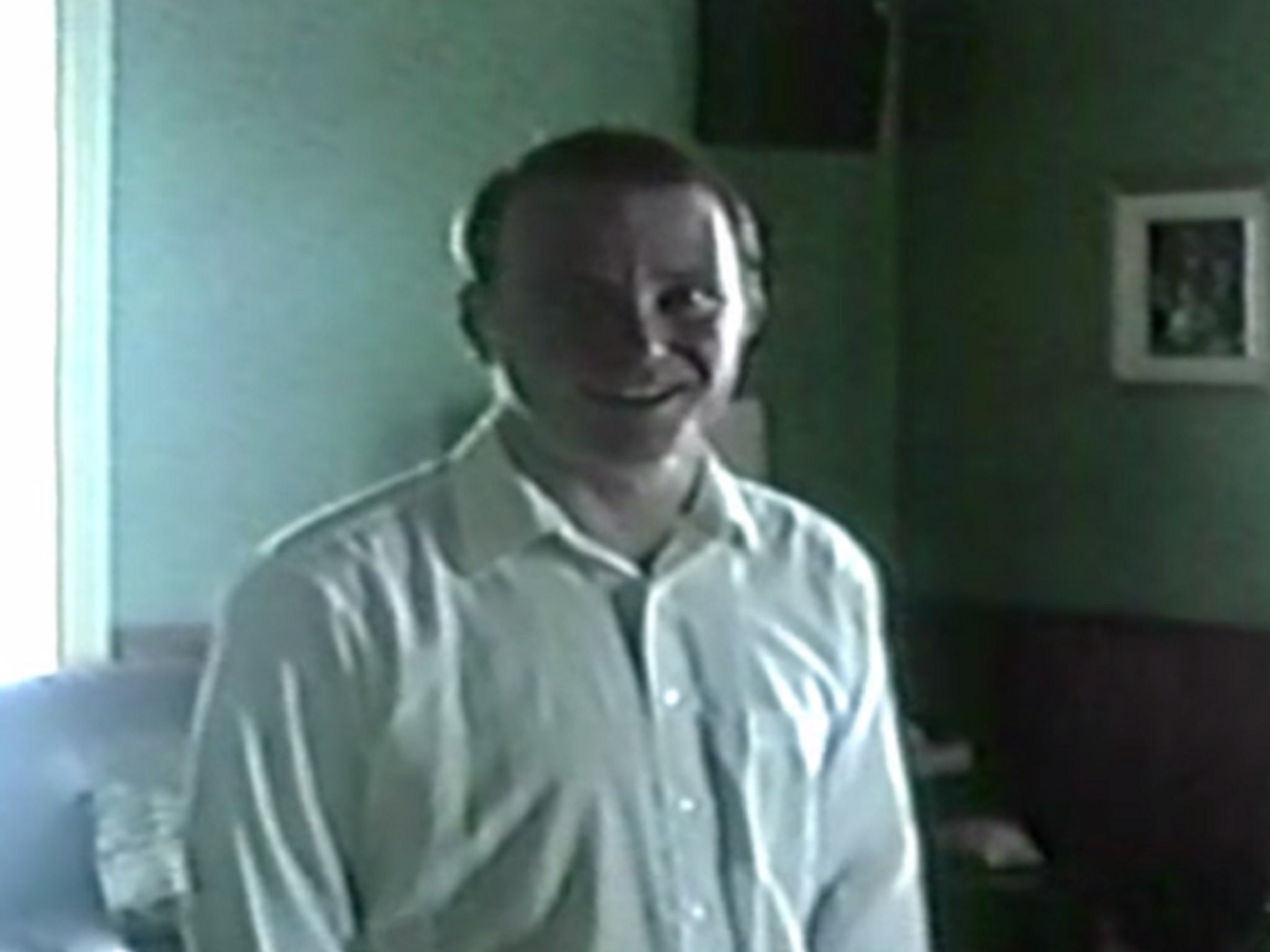ALS sufferer tells his wife he loves her out loud for first time in 16 years
The couple now communicate with an eye-movement tracker

Your support helps us to tell the story
From reproductive rights to climate change to Big Tech, The Independent is on the ground when the story is developing. Whether it's investigating the financials of Elon Musk's pro-Trump PAC or producing our latest documentary, 'The A Word', which shines a light on the American women fighting for reproductive rights, we know how important it is to parse out the facts from the messaging.
At such a critical moment in US history, we need reporters on the ground. Your donation allows us to keep sending journalists to speak to both sides of the story.
The Independent is trusted by Americans across the entire political spectrum. And unlike many other quality news outlets, we choose not to lock Americans out of our reporting and analysis with paywalls. We believe quality journalism should be available to everyone, paid for by those who can afford it.
Your support makes all the difference.A Canadian man with a motor-neurone disease has been able to tell his wife through speech that he loves her for the first time in more than 15 years.
Don Moir gradually lost his ability to speak and move from 1995, when he was diagnosed with ALS – Amyotrophic lateral sclerosis – which causes the death of brain neurons that control muscle movement.
ALS hit the headlines last summer with the Ice Bucket Challenge, which went viral in raising money and awareness.
Although he retains all cognitive functions and awareness, Don has not spoken since he was fitted with a ventilator in May 1999. He has since been cared for by his doting wife Lorraine, with whom he has two sons and a daughter.
The farming family from rural Canada used a letterboard to communicate with Don with which individual letters were selected one by one to spell out words.

Now, with the help of charitable organisation Not Impossible Labs, a laptop was customised to track eye-movements so Don could use his eyes to select letters from a screen to spell out words more quickly.
He used it to tell his wife “I love you,” which was read out by the computer.
He also wrote her a letter saying: “My dear Lorraine. I can’t imagine life without you.
“You have made the last twenty-five years fly by and the last twenty with ALS more bearable.
“I am looking forward to the next twenty-five years. Love, Don”
Although devices that help ALS patients talk through synthesized voices are not new, the biggest hurdle for the Not Impossible project was to overcome was Don’s inability to understand technology.
As he had first shown signs of the disease in the mid-1990s, Don missed out on learning how to operate laptops and mobile phones. He hadn’t even known how to switch a computer on, Lorraine said.
Matt Brassil, a publicity and strategy coordinator for the charity, told Huffington Post: “We had to figure out a way to create something simple that Don could use. In the end, the answer was staring us in the face: the letterboard.

“Don and Lorraine had used the letterboard for 15 years. It was a system they understood so we took the next step to make a digital version.”
Javed Gangjee, a volunteer for Not Impossible Labs who customised the technology for the family, said: “When I look at Don, that could be me, that could be my uncle, that could be my dad.
“What right do I have to do nothing about it?”
Lorraine said of the experiment: “We were happy to be the guinea pigs as a part of creating something that could potentially help others, and in the process something that would work for Don.”
Join our commenting forum
Join thought-provoking conversations, follow other Independent readers and see their replies
Comments